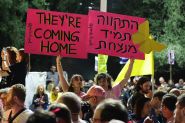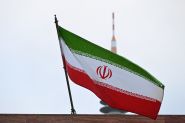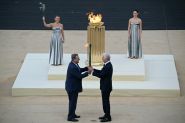
Aoun to Cabinet: The Language of Dialogue Must Prevail Over War
This is Beirut 20:15

This is Beirut 20:15

This is Beirut 16:20

This is Beirut 11:25

Hanin Ghaddar 10:30

Salam El Zaatari 09:00

This is Beirut 21:15

This is Beirut 16:10

This is Beirut 15:10

This is Beirut 03/12 18:57

This is Beirut 03/12 18:09
This is Beirut 02/12 14:15
This is Beirut 02/12 13:10
This is Beirut 02/12 11:55
This is Beirut 02/12 11:20

This is Beirut 03/12 15:15

This is Beirut 21/11 12:20

This is Beirut 19/11 15:15

This is Beirut 19/11 09:40

This is Beirut 18/11 12:15

This is Beirut 18:30

This is Beirut 16:00

This is Beirut 14:10

This is Beirut 13:00

This is Beirut 11:00

This is Beirut 14:20

Makram Haddad 12:00

Makram Haddad 01/12 14:20

Makram Haddad 30/11 12:00

Makram Haddad 28/11 08:40

Bélinda Ibrahim 15:05

Bélinda Ibrahim 03/12 13:00

Makram Haddad 03/12 10:30

Bélinda Ibrahim 27/11 10:30

Bélinda Ibrahim 26/11 10:30

par Ici Beyrouth, 21:48

par Marc Saikali, 21:00

par Ici Beyrouth, 20:35

par Ici Beyrouth, 20:05

par Ici Beyrouth, 20:00